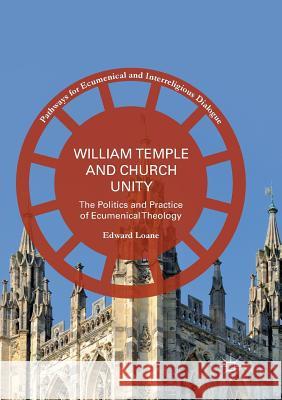William Temple and Church Unity: The Politics and Practice of Ecumenical Theology » książka
topmenu
William Temple and Church Unity: The Politics and Practice of Ecumenical Theology
ISBN-13: 9783319820897 / Angielski / Miękka / 2018 / 254 str.
Kategorie:
Kategorie BISAC:
Wydawca:
Palgrave MacMillan
Seria wydawnicza:
Język:
Angielski
ISBN-13:
9783319820897
Rok wydania:
2018
Wydanie:
Softcover Repri
Ilość stron:
254
Waga:
0.32 kg
Wymiary:
21.01 x 14.81 x 1.45
Oprawa:
Miękka
Wolumenów:
01
Dodatkowe informacje:
Wydanie ilustrowane











